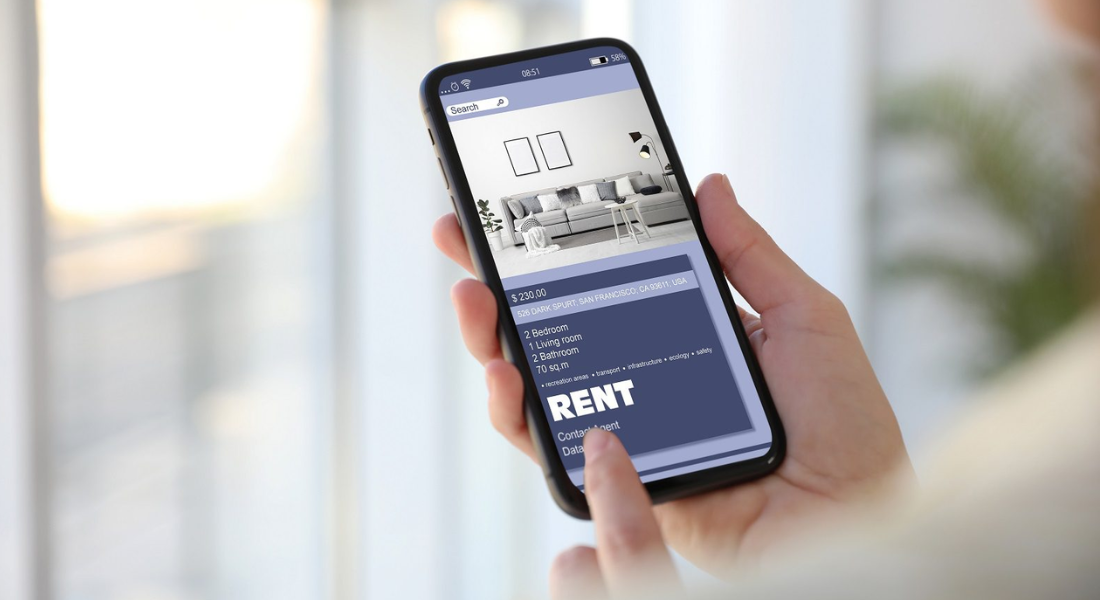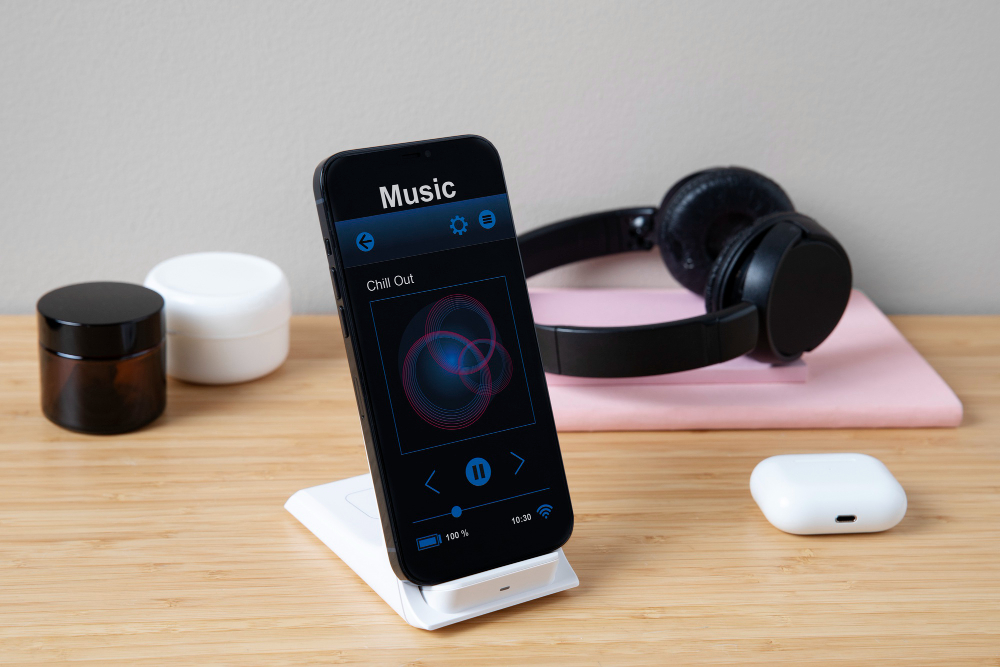The travel industry has undergone a dramatic digitalization trend in an increasingly connected society. Travelers increasingly prefer mobile applications for booking accommodations to traditional methods. Vacation rental platforms like Vrbo (Vacation Rentals by Owner) have attracted significant attention. If you want to build an app similar to Vrbo, then this guide provides essential details that can assist in making it competitive in market conditions.
Vacation rental applications have grown in popularity because they are accessible to travelers. Vrbo, or Vacation Rental by Owners, is a renowned rental marketplace that allows property owners to rent their properties to tourists.
As the tourism industry expands dramatically, businesses are using platforms like Vrbo, which has led to increased competition in the rental market. The rental marketplace, which is highlighted by Vrbo, is an incredibly fast-growing segment of the tourism industry with a bright future.
Many factors fuel the rise of rental marketplaces such as Vrbo and Vrbo, such as the growing number of people participating in the sharing economy, the increasing demand for short-term rentals, the growing use of mobile applications, and technological advances.
This article will help you. We will discuss the process of developing an app by Vacation Rental App Development Company similar to Vrbo, and the features required to build this kind of application.
Understanding the Market
Before you get deep into the technicalities of creating Vacation Rental App Development Solutions, it is crucial to know the market for vacation rentals. Study the competition, determine the target demographics, and analyze the demand for your particular area. This will inform the development of your marketing and business strategies.
Why should you build a site similar to VRBO?
VRBO (Vacation Rentals by Owner) has had significant success in its online marketplace for vacation rentals, primarily due to its easy-to-use platform that connects property owners with guests looking for unique lodging experiences. Since its beginning in 1995, VRBO has been able to capitalize on the increasing demand of tourists seeking alternatives to hotels by offering a wide range of accommodations that meet diverse preferences and budgets.
The platform's success is attributable to its robust search options, secure payment methods, and an automated review system that helps build customer trust. By providing a seamless interface to property owners who want to advertise their property and allowing travelers to locate and book the spaces they want quickly, VRBO has effectively tapped into the sharing economy, which makes it the most popular destination for rentals in all countries. Its dedication to delivering best customer service and the continuous enhancement of its features on the platform has helped cement its place in the crowded market for travel on the internet.
How To Develop A Rental Booking App Like Vrbo?
Vacation Rental Booking Software Services similar to Vrbo requires understanding the needs of users and market trends and implementing the most important features to provide seamless listings of properties, including booking management and secured payment processing. This is a complete guide:
Market Research and Conceptualization
In the beginning, it's essential to determine the target customers for your rental booking application and fully comprehend their needs and preferences. This means conducting extensive market research to gain insight into the particular patterns, demographics, and pain points of your prospective customers. In this way, you can customize the features and functions of your app to meet their needs effectively.
Wireframing and Prototyping
Once the conceptual framework is established, the Next step is to develop wireframes and prototypes to show your app's user interface (UI) and user experience (UX). Wireframing involves drawing out the arrangement and structure of each screen within the app and focusing on the components' layout and the navigation flow.
Prototyping involves creating interactive mockups of an app that simulate user interaction and workflows. These prototypes enable company employees and potential users to test the application's capabilities firsthand and offer feedback on improvements.
Backend Development
After the UI/UX design is completed, the next step is setting the backend infrastructure that will run your app. This includes constructing the infrastructure and systems that allow the app to function, such as databases, servers, and APIs.
Selecting the right tools and frameworks to support backend development is essential for providing security, scalability, and speed. Whether you choose traditional server-based systems or cloud-based applications, it's crucial to choose technologies that are compatible with your app's needs and long-term objectives.
Frontend Development
Once the backend infrastructure is established, the frontend development process involves bringing the UI/UX design to reality. Depending on your app's needs and platforms of choice, you may choose to build the front end with technologies like React Native for cross-platform development or native platforms such as iOS and Android.
Integration of Payment Gateway
One of the most essential elements of a rental booking application is including an encrypted payment gateway to enable transactions within the application. Selecting a trusted payment gateway based on transaction charges, payment methods, and security features is crucial to provide the smooth and secure processing of payments.
Booking and Reservation System
Another significant aspect of a rental reservation application is the reservation and booking system, which allows renters to look up rental listings, check availability, and book. The development of this feature requires the implementation of features like live availability, integration of calendars, and confirmation of bookings.
User Authentication and Profiles
Secure authenticated users is vital to keeping user information safe and maintaining confidence in your app. Implementing authentication methods such as login via email or password or social media login and two-factor verification (2FA) assists in confirming the identity of users and preventing unauthorized access.
Testing and Deployment
After the development phase is completed and the app is tested thoroughly, thorough testing of the application is required to find and address bugs, usability problems, and performance bottlenecks. This includes conducting various kinds of tests, such as integration tests, unit tests, and user acceptance tests (UAT),to ensure that the app meets high-quality standards and offers an enjoyable user experience.
Key Features of a Vacation Rental App
To compete against established players such as Vrbo, the app you choose to use must have a broad array of features. Here are the most important aspects to consider:
User Registrationand Authentication: Allows users to register accounts and log in via various methods, including email, social media, and telephone numbers.
Property Listings: Allow property owners to create listings complete with information, including photos, pricing, and calendars of availability.
Find and filter: Use advanced search capabilities, including filters on dates, locations, price ranges, property types, and other amenities.
Booking and Payment Facilitate secure payments and booking processes, including payment gateways and multiple payment options.
Notifications and Messaging: Owners and renters can interact with the application and get alerts about reservations and any updates.
Review and Ratings: Create a system of ratings and reviews that is accessible to both property owners and renters to help build trust in the community.
Map Integration: Integrate maps to display your property's location and nearby tourist sites.
Property Management: Provide tools to owners of properties to manage their listings, availability, and pricing.
User Profiles: Create comprehensive profiles of users with detailed reviews, information, and booking historical data.
Booking History: Allows users to look up their booking history as well as future trips.
Customer Support: Add an option for customer support to solve issues and address questions.
Personalization: Use algorithms that learn to give customized property suggestions based on your preferences and previous behavior.
Legislative and Compliant: Comply with local laws and regulations, mainly if your application is used internationally.
Conclusion
Vacation Rental App Development such as Vrbo is an enormous task. Still, using the right strategy and mobile app development services, you can build an industry-leading platform that caters to the increasing demand for rental properties. Whether focusing on a particular location or looking for worldwide coverage, knowing the market, providing essential features, and concentrating on the customer experience is vital for your business's success.
If you're in the market for a trustworthy mobile application development company, consider exploring possibilities in India to find affordable, high-quality application development services. When you partner with professionals within the industry, you will be able to accelerate the development process and ensure that your app is up to the highest standards for design and functionality. Take the first step toward developing your own Vrbo-like app, and begin on a journey that will revolutionize the industry of vacation rentals.





